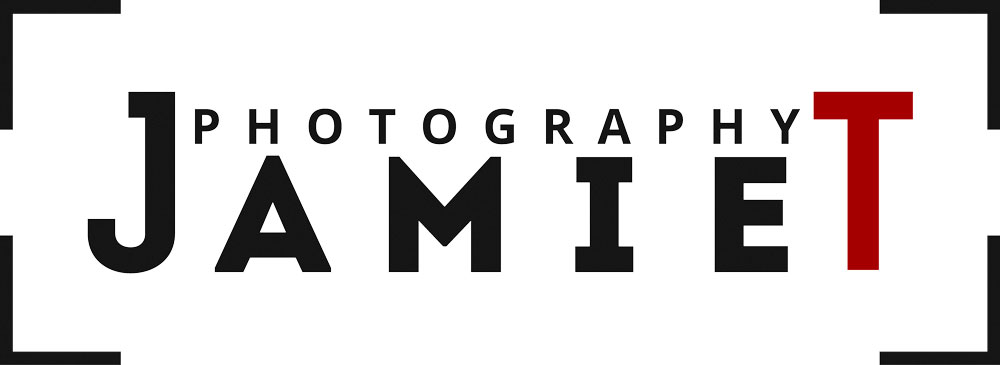Licensing: Practices and Pitfalls
I should point out that this is a “IMO” or “In My Experience” post, if you need more legal advice you should definitely be heading to someone who is qualified to offer advice
When and Why
So licensing has been something that I’ve covered a bit before. but it needs little love again so let’s break it down again.
As creators who are making work for someone else we can expect to be compensated for our time and talents. If the content we create is being utilised by a business in order to help that business to communicate what they are/what they provide/sell then as the creators of that communication tool we are entitled to compensation based around the usage of that image or video.
This formal agreement between creator and client forms the basis of the licensing contract and should be specified before work begins, or at least the conversation started over what is intended. This is because costs vary depending on the length of intended use, where the content will be displayed and which geographic area that content will be seen in.
1/ How long 2/ What format will it be in 3/ Where will it be seen 4/ Is it exclusive
If it’s a spring/summer campaign then reasonably we might expect that to exist for clients for 3-6 months depending on how often they’re creating for their marketing in general, but specific items (for example a billboard) might be a lot less. There will be a varying cost on each.
If it’s being printed for public viewing or printed for private viewing internally, put up in a public space, only going to exist in a digital space then all those need to be considered and will incur a different cost on each.
Geographic location also plays a factor, is it only in one city, only in one country or across multiple over a variety of global regions; all will play a part.
If you’re producing work for a client then it’s likely they will want their shoot to be considered as exclusive for their use only, but that does come at a cost. The ease of which you might be able re-licence/re-sell images might be difficult but in theory you could provide a similar business with those images to communicate for their needs.
Rights managed? Royalty Free? Buyouts? Exclusivity?
Terms that are thrown around and you’ll see on Getty and Masterfile or any other stock photo library. Whilst how these companies sell/licences images to a business has changed in recent years the legality is consistent.
Getty, Adobe Stock, Masterfile all have various options but tend to advertise/promote royalty-free non-exclusive images for use by their customers. Which means there’s no fixed term and the images can be used “anywhere” (in reality their content is provided on a size basis so the file will be big enough for purpose and prices accordingly) without the user having to worry about incurring future usage costs. The caveat to this is that the imagery is non-exclusive which allows other companies to utilise the same imagery for a similar purpose. This can be changed for stock sites, as well as accommodated in your own commercial projects.
A “buyout” refers to potentially serval things but at its basic level means that a client is looking to purchase an image to utilise anytime, anywhere, anyhow in an exclusive manner. Which is the dream licensing for a photographer because that' would be the most expensive option to a business or organisation.
How much do I fight for this?
How much do you want the gig? Are there other avenues that open up from working with this client? Is there product/value available to you instead of a payment?
Some businesses are either ignorant of the need for commercially licensing their imagery from their content creators, they’re small enough that they don’t have the appropriate budget available or they’re used to working with photographers/videographers who are at a level where they themselves don’t know about licensing or that they should be putting an agreement in place.
If it’s a big enough business they’ll have a marketing department or person and they will/should definitely know about media licensing for commercial use. Sometimes it’s just about having the right conversation, even with clients who don’t have the budget to cover their licensing.
I always want to help growing local businesses and want to form meaningful professional relationships with these people, if that means taking a hit on the usage in favour of a continued relationship where a client will be paying for another shoot then I’m definitely going to consider it.
Start the conversation
For me it’s about having the conversation (in writing) and establishing what you agree to for what you’re being compensated. Yes in an ideal world where every photographer is aware of licensing and every client is aware of licensing as a cost then there wouldn’t be an issue. But sometimes a photographer (regardless of their talent/skill level) either doesn’t know or doesn’t care because it’s a hobby or otherwise - so we’re always having the conversation on what our work is worth to someone commercially.
If you’re talking to your client and they’re paying you for your time and skill then having the conversation on usage shouldn’t be an issue either and if needs be there are some helpful articles online to help them as well.

